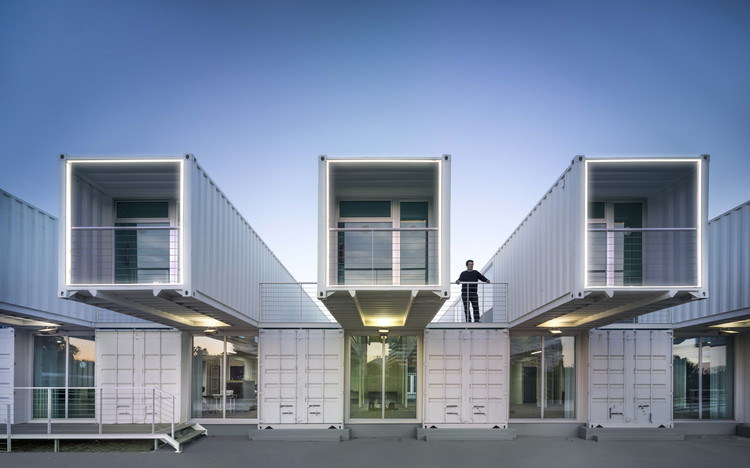Modular construction is a process in which a building or its components are built off-site, under controlled plant conditions, with the same materials and to the same codes and standards as traditionally built facilities – but in nearly half the time.
Modular structures can stand alone or be connected side by side, end to end, or in multiple-story buildings to develop buildings of any scale or layout.
Modular structures used in modular construction works can be used for almost any temporary or permanent application, from simple homes to state-of-the-art buildings.
Click here for your pre-construction assistance, budgeting, project schedule development, and construction management services.
Modular construction necessitates extensive coordination between the architect, the manufacturer, the project development team, and field crews at all stages of construction.
Construction methods: Modular versus Conventional
Compared to conventional/traditional construction, modular construction is less expensive, more efficient, and faster while still using the same quality materials.
The modular construction method requires no trade-offs in material quality, energy efficiency, or design approach.
Traditional construction can be both costly and time-consuming. Inadequate planning, a lack of personnel, weather and other unforeseen events, or several other factors can all result in delays, which are almost as common as on-time construction.
One of the most significant advantages of a modular approach is speed. Because manufacturing and site work take place concurrently, projects can be completed in up to half the time of conventional construction.
Permanent Modular Construction and Relocatable Buildings are the two types of modular construction.
Modular Construction Advantages
The significant benefit of modular construction is that it saves time and offers better value for money. Because modular construction allows for industrialized assembly concurrently with site preparation, the total time required to construct a structure can be dramatically reduced.
When the site is ready – foundation leveled, plumbing installed, concrete poured, and so on – the factory-built modules are often ready to be installed.
Other advantages include increased worker safety because all workers work in a safe, controlled environment instead of working at dangerous heights or in less controlled environments.
The advantages of modular construction include increased productivity, increased schedule certainty because late change orders and weather delays are significantly reduced, and improved cost predictability.
Sustainability
For reasons such as greater flexibility and reuse, less material waste, and improved air quality, modular construction is considered a better sustainable option than conventional construction methods.
Modularly constructed housing is a potential solution to the current housing crisis in densely populated areas.
Buildings that are suitable for using modular construction
Modular construction can be used to construct any structure. Modular construction can be used to build homes, hotels, offices, schools, classrooms, dormitories, and religious centers, among other things.
However, to do so, the building must be conceived and designed as such. When space is limited or time is of the essence, modular construction is frequently chosen.
The benefits of modular construction include faster, more reliable, flexible, and sustainable construction, no weather delays, and significant savings in labor and material costs as well as waste volume.
Furthermore, they are environmentally friendly, with low or no carbon footprints.

